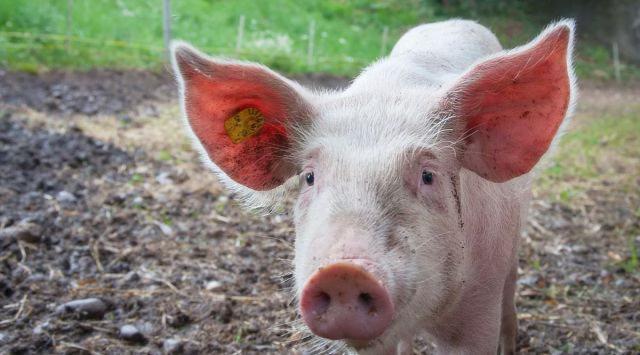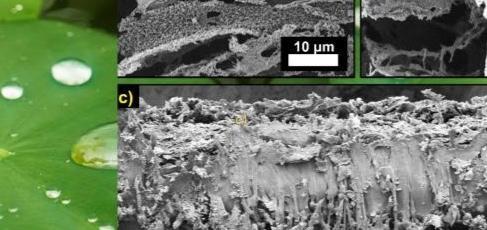
Trial of Pig Livers as Dialysis-Like Treatment for Liver Failure Approved by FDA
In a breakthrough move, the United States Food and Drug Administration (FDA) has given the green light to a pioneering clinical trial that aims to test the effectiveness of genetically modified pig livers as a dialysis-like treatment for patients suffering from sudden liver failure. This innovative approach involves attaching a pig liver externally to a patient’s body, allowing it to filter their blood and give their own liver a much-needed rest.
The trial, which is set to commence soon, marks a significant development in the field of liver disease treatment. According to the World Health Organization (WHO), liver disease is a growing public health concern, with an estimated 2 million deaths worldwide each year. In the United States alone, liver disease is the eighth leading cause of death, claiming over 40,000 lives annually.
The inspiration for this groundbreaking trial stems from the fact that the liver plays a vital role in filtering toxins and waste products from the blood. When the liver is damaged or fails, it can lead to a buildup of toxins, causing a range of debilitating symptoms, including jaundice, vomiting, and abdominal pain. Conventional treatments for liver failure, such as liver transplantation, are often delayed due to a shortage of available organs, leaving patients with limited options.
The solution, according to researchers, lies in the innovative use of genetically modified pig livers. These pig livers have been engineered to reduce the risk of rejection by the patient’s immune system, making them a more viable option for treatment.
In the trial, researchers will attach the pig livers externally to the patient’s body using a specialized device. The device will pump the patient’s blood through the pig liver, allowing it to filter out toxins and waste products. This will give the patient’s own liver a chance to rest and recover, potentially improving their overall health and quality of life.
The trial is expected to enroll approximately 10 patients with severe liver failure, who will receive the pig liver treatment for up to 28 days. Researchers will closely monitor the patients’ progress, tracking their liver function, blood chemistry, and overall well-being.
The FDA’s approval of this trial is a significant milestone in the development of this innovative treatment. “The FDA is committed to supporting innovative treatments that have the potential to improve patient outcomes,” said Dr. Peter Marks, Director of the FDA’s Center for Biologics Evaluation and Research. “We are excited to see the results of this trial and how it may impact the treatment of liver failure patients in the future.”
While the trial is still in its early stages, the potential benefits of this treatment are significant. If successful, it could provide a new option for patients with severe liver failure, potentially reducing the need for liver transplantation and improving their overall quality of life.
The use of genetically modified pig livers as a treatment for liver failure is not without its challenges, however. There are concerns about the potential for immune rejection, as well as the ethical implications of using animal organs in human treatment.
Despite these challenges, researchers remain optimistic about the potential of this treatment. “We believe that this approach has the potential to revolutionize the treatment of liver failure,” said Dr. Jay Fishman, Chief Scientific Officer of the biotech company, Revivicor, which is developing the gene-edited pig livers. “We are excited to work with the FDA and the medical community to bring this innovative treatment to patients in need.”
As the trial moves forward, researchers will continue to monitor the progress of the patients and gather data on the safety and efficacy of the treatment. If the results are promising, it could pave the way for further trials and potentially lead to the approval of this innovative treatment for widespread use.






